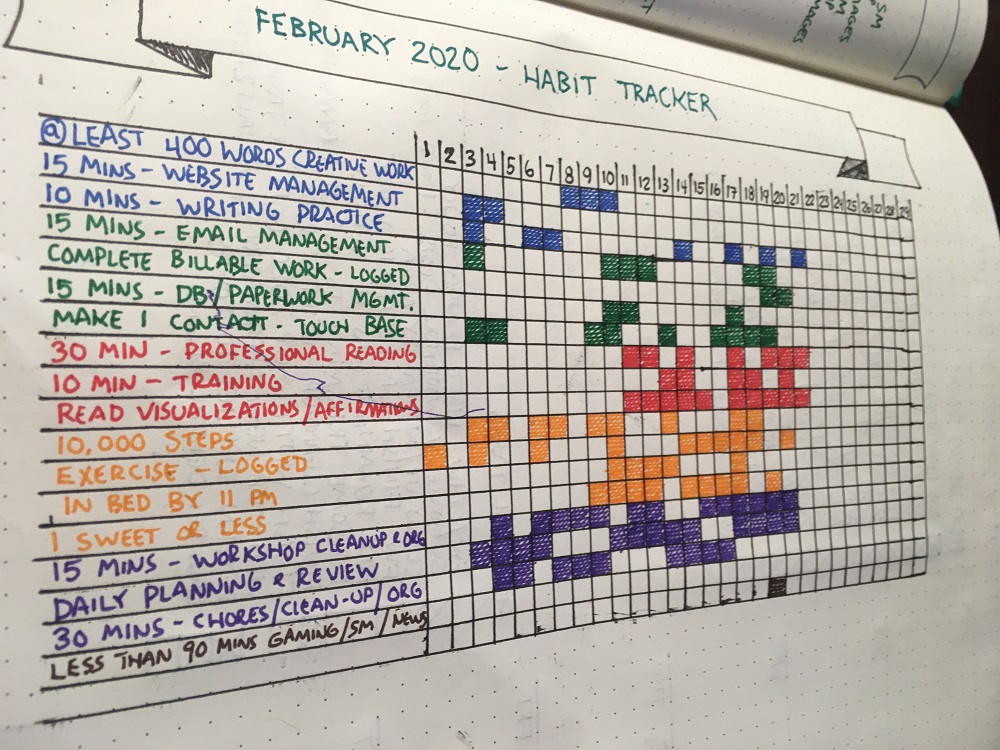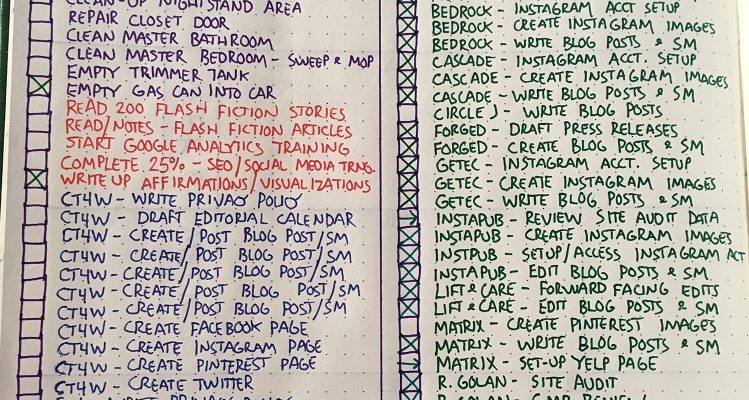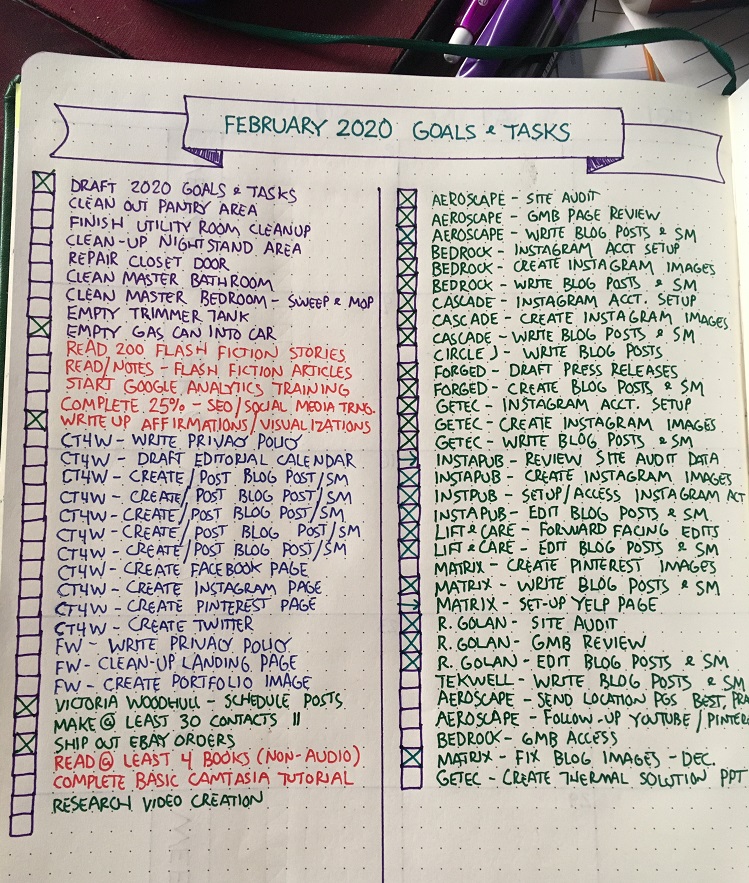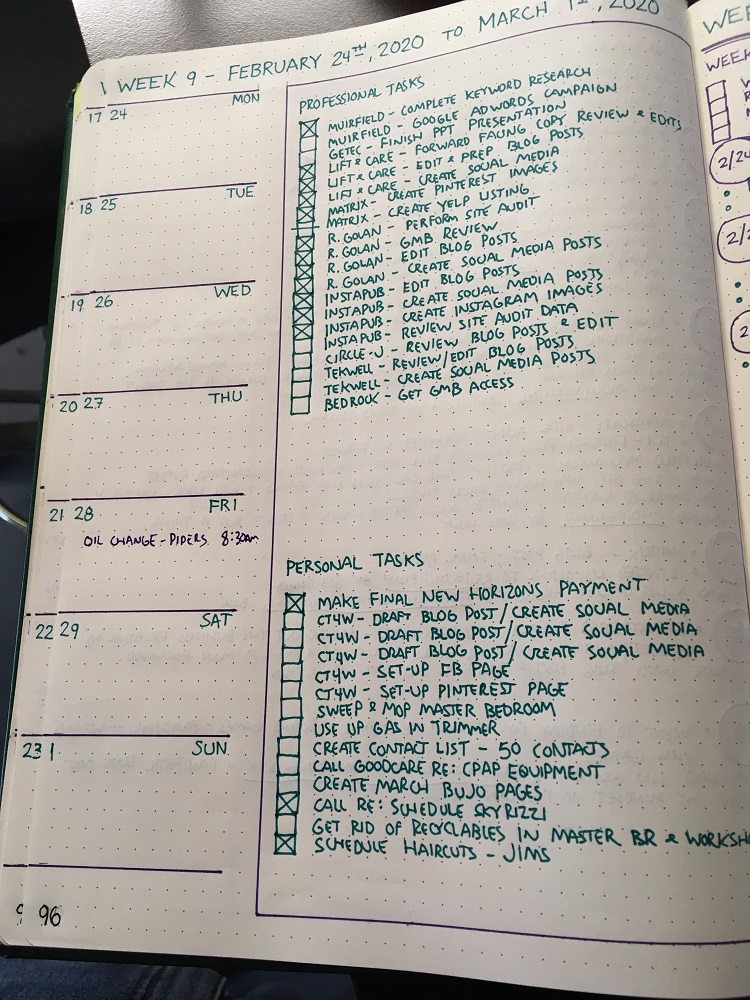You Can Still Do Better with Your Writing Goals
According to an article by Jeff Haden at Inc.com, January 19th is when most people give up on their New Year’s Resolutions. The fitness app Strava polled over 800 million people to come up with this date, which they have named “Quitters Day.”

You don’t have to be a statistic. Writing is hard. So a lot of people put it off to do it at the “perfect moment.” Whether this moment is a time of day, a dedicated weekend day, or an intensive writing retreat for a week, there will always be something that comes up to stop you from your creative work. Even if you haven’t gotten the best start here in 2021, all is not lost. Here are a few tips to help you get back on track.
Forgive Yourself
Let’s face it, 2021 has told 2020 to “hold my year,” a play on words from Stephen Colbert of “hold my beer.” There has been a lot of things to distract us. The transition to a new U.S. government, a global pandemic raging out of control across the country, and an economy in the crapper. You have every right to be off track, so look yourself in the mirror and forgive yourself. Every day is a new beginning, so start over today.
Revaluate Your Writing Goals
Take a look at the creative goals you’ve set for this year. If you look at them objectively, do you think they are realistic? What evidence do you have to support this?
For example, if you are not in the habit of writing every day, and your goal was to write 7000 words a week. That would be unrealistic. Now, if you were in the habit of writing 750 words per day over the last two years, and you decide to take it up a notch, then 7000 words a week (1000 words per day) is realistic.
Set the Bar Lower. Much Lower.
If you are having a lot of trouble meeting a creative goal. Break the goal down into its simplest component. If you want to write an hour each weekday, make your goal that you will turn on the computer and open up your latest project and work on it for 10 minutes. If working on it is too hard, make the goal to open the file and at least look at the screen for 5 minutes before you close the file again. This will help retrain your brain (who will resist these actions with every fiber of your being) that you are going to do this activity every day, with low expectations. Still, you will do it regardless, and your brain will probably say… “as long as I’m here, I might as well type a few words.” And maybe after those 5 minutes have gone by, you’ve gotten into a groove and decide to keep writing.
Examples of Simple Writing Goals
- Put my journal in the middle of my desk with a writing pen next to it before getting up from my desk each evening.
- Reread yesterday’s work before you do anything else for the day. Including checking email, surfing the web, etc.
- Write one sentence for my current writing project each weekday this week.
- Write for 5 minutes using a random writing prompt.
- Open the file of your creative work and keep it open for 10 minutes. Do nothing else during this time other than work on it, or stare at the screen.
Track Progress
Early on in his writing career, Jerry Seinfeld set a goal to improve as a stand-up comic by devoting time to writing new jokes each day. He hung a large wall calendar that displayed every day of the year in a place where he’d see it, and when he did the writing that day, he crossed off the day by making an “X” over it. Each day he did the writing, he’d mark it off to create a chain. Soon the pressure not to break the chain became greater than the resistance to writing.
Habit trackers use a similar method to help keep goals in the forefront of your mind.

Celebrate the Wins
Reward yourself if you manage not to “break the chain” for over a week, finish a big project or meet a particular word count milestone. Some ways to celebrate might include:
- Purchasing a book you have wanted to read for quite some time.
- Having a special meal out
- Spending an evening with friends doing something fun
- Allow yourself to binge watch a favorite show guilt-free
Get an Accountability Partner
We are bad about keeping promises to ourselves but somewhat better at keeping our promises to others. For this reason, find another writer and ask if they would be interested in being an accountability partner. All an accountability partner does is listen to your writing goals and checks in with you at intervals that you mutually determine. Keeping each other accountable and on track is a great way to help keep the work coming.
Being defeated is often a temporary condition.
Marilyn vos Savant
Giving up is what makes it permanent.
Just because you didn’t live up to the lofty goals you set for yourself at the beginning of the year doesn’t mean you should stop trying. Every day is a new day and a new opportunity to move forward to meet your creative goals.

Do It — Creative Writing Exercises
Here are a few creative writing exercises to try out based on the content in this post:
- List all of the writing goals that you made as New Years Resolutions, and then list simplified goals next to them. (Assuming that you made writing goals at the beginning of the year. If not, make at least one simple writing goal now)
- Start a Chain – Get a Wall Calendar and begin crossing off days when you spent some time writing or working on writing projects.
- Write about “Quitters’ Day.”














